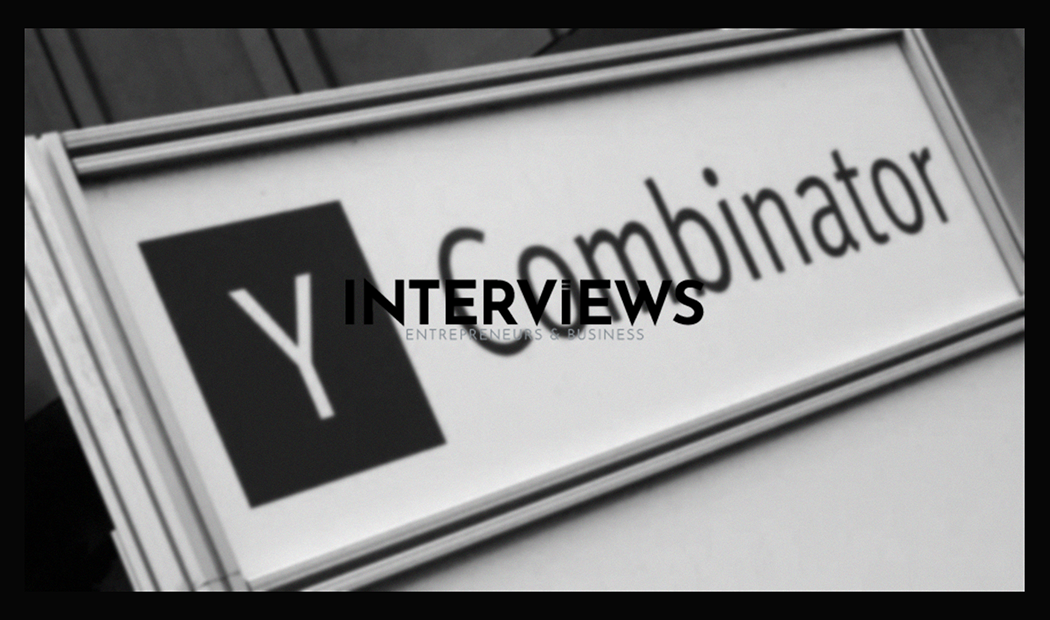Decoding the Y Combinator Acceptance Rate: Is It Really Harder Than Getting Into Harvard?
So, you dream of startup glory and Silicon Valley buzz? You may want to escape the 9-to-5 grind. You’ve heard whispers of Y Combinator (YC), the famous accelerator behind many unicorns. But first, let’s discuss the YC acceptance rate.
Getting into YC is tough. The acceptance rate is around 1.5% to 2%. For every 100 startups that apply, only one or two get in. Think about that. Your odds of making it to YC are lower than finding a matching sock in the laundry.
Every six months, YC processes over 10,000 applications. From that mountain, about 1% get selected. Your chances are slimmer than finding your socks.
Why all the fuss? YC is not just another accelerator. It’s a springboard. It offers a prestigious stamp of approval and can propel your startup forward. Getting into YC is a game-changer.
Why is Getting Into YC Such a Herculean Task?
YC does not play favorites.
The volume of applications is huge. Thousands of eager startups apply each batch, all fighting for limited spots. This keeps the acceptance rate very low. But it’s about quality, too. YC seeks something specific.
They look for the trifecta: strong teams, innovative ideas, and rapid growth potential. Your application is your pitch. You must show your vision, market understanding, and why your team is the best choice.
The rigorous selection process filters out noise to find potential stars. That 1.5% to 2% acceptance rate? It showcases the high standards YC maintains.
What Makes YC Say “Yes”? Decoding the Acceptance Factors
What do YC partners want to see in applications? It’s startup science, not rocket science.
Growth, Growth, and More Growth: YC loves growth. They seek companies that sprint towards scale, not those that crawl. YC wants a rocket ship, not a leisurely journey.
Tech-Savvy Teams: YC prefers teams with a strong technical background. They lean toward B2B SaaS and enterprise companies. Non-tech startups can still succeed, but technical skills boost your chance.
Vision and Execution: A grand vision is not enough. You must show you can execute it. YC wants startups with a clear vision and a capable team.
Remember, the only rate lower than 1.5% is zero percent. You’ll hit that if you don’t apply. You miss 100% of the shots you don’t take.
The Application and Interview Gauntlet: 10 Minutes to Shine (or Sink)
If your application passes the first screening, congratulations! You have a shot at a YC interview. But don’t celebrate yet; the actual interview is tough.
The 10-Minute Zoom Sprint: YC interviews are fast – just 10 minutes over Zoom. You must convince 2-3 YC partners that your startup is worthy. It’s speed dating for your future.
Traction Talks: Showing early traction and user engagement boosts your application. Numbers speak loudest in a 10-minute interview.
Feedback, Win or Lose: The good news? YC is efficient. They decide on the same day as the interview. Even if it’s not what you hoped for, they give detailed feedback. It stings but helps your startup journey.
What are your odds? Around 7% of applicants get interviews. Better than acceptance overall, yet still selective.
Rejection is Not a Full Stop: It’s a Comma in Your Startup Story
Rejection is part of the startup world. Many successful founders wear their YC rejection letters with pride. Many founders apply multiple times before being accepted. Perseverance is key in startups.
Getting into YC is an achievement but not a guaranteed success. It’s a powerful accelerator, yet your fate remains in your hands.
Importantly, YC encourages you to apply again. If you’ve improved since your last attempt, it’s worth it. Treat rejection as a chance to refine your approach. Come back stronger.
In summary, only about 3% across all stages of Y Combinator applicants get accepted. It’s tough and heartbreaking. But a “no” today isn’t a “never.”
Batch Size Breakdown: Smaller Batches, Same Intensity
YC operates smoothly, running batches multiple times a year. Traditionally, it was twice yearly, but this is evolving. They used to have two main batches of around 250-400 companies. Now, it’s shifting.
For upcoming changes, YC wants to double the batches to four per year: winter, spring, summer, and fall. The cohort size per batch will shrink to around 100 startups. This returns to older batch sizes.
Even with smaller batches, YC aims for around 500 companies each year. Smaller cohorts mean fierce competition remains. Stay alert for updates on these changes.
In Winter 2024 (W24), 260 companies joined YC, chosen from over 27,000 applications. Demand is high despite evolving batch structures.
The $500,000 Question: YC’s Investment Breakdown
Let’s discuss money. YC offers mentorship and prestige. Plus, they invest serious cash. The standard YC investment is $500,000. But how does this break down?
It’s a two-part deal:
- $125,000 for 7% equity: You give up 7% of your company for $125,000.
- $375,000 via uncapped SAFE note with MFN: The rest comes as a Simple Agreement for Future Equity.
- (SAFE) note. It’s uncapped. There is no valuation cap. It has a “Most Favored Nation” (MFN) clause. This ensures you receive favorable terms in later funding rounds. This SAFE will convert to shares at the valuation of your next priced round.
To recap, YC invests $500,000 in each accepted startup. This consists of $125,000 for equity and $375,000 as a SAFE note. This funding fuels early growth.
Success Metrics: Beyond Acceptance Rates
YC’s low acceptance rate may seem negative. Yet, it indicates the high caliber of startups involved. This curated cohort improves your chances of being around ambitious and skilled founders.
The low rate is less a “negative” and more a sign of YC’s prestige as the top startup accelerator. Joining YC is a badge of honor. It shows investors your startup is vetted by leading experts.
Founder Preferences: Age, Teams, and Technical Prowess
What types of founders does YC prefer? Patterns emerge, but there is no specific formula.
Age is Just a Number (Mostly): More YC founders are 25 than 35, mainly because more 25-year-olds apply. YC co-founder Paul Graham finds the ideal startup age range to be around 22-38. Your age does not have to be a barrier.
Teams Trump Solo Acts (Usually): YC accepts solo founders. However, they highly encourage finding a co-founder. Co-founder teams have a better chance of success. They cover more ground and have diverse skills that help in startup life.
Solo founders can succeed, but teams are favored. If applying solo, find a partner to improve your application.
Technical Skills Matter: YC favors teams with strong technical backgrounds. This is not strict, but a plus in today’s tech-driven landscape.
Sam Altman, former YC head, had to choose between YC and OpenAI. This shows the commitment expected from YC founders.
YC’s Prestige: More Than Just an Accelerator
YC is not only an accelerator; it is a brand. It symbolizes startup success and Silicon Valley innovation. YC is the most prestigious startup accelerator. Founded in 2005, it has become very influential in tech startups, launching game-changing companies.
YC’s reputation benefits startups. It signals to investors and customers that you belong to an elite group. Getting into YC is not just about funds and mentorship; it’s about entering a network with unique credibility.
The YC Program: Opt-In, Intensive, and Three Months Long
The core YC program is a three-month intensive experience. With four batches a year, you have more chances to join: winter, spring, summer, and fall.
YC emphasizes founder independence: all aspects of the program are optional. As they say, “as a founder we expect you to choose how to spend your time.” You get resources and guidance, but you’re in control.
Before You Hit “Apply”: Reality Check
YC may not suit everyone. Not all startups are ready for YC. Before applying, consider these questions.
Does your company focus on growth and scalability? Is your value proposition clear and strong? Do you offer something genuinely innovative? Or are you just seeking quick funds and a Silicon Valley address?
If you struggle to articulate your offer or lack a unique angle, it may not be right for you. YC seeks ambitious founders with big ideas and the drive to create something impactful.
YC Alternative Facts: The Real Grind
Beyond success stories and acceptance rates, there is a less glamorous side to YC.
Intense Competition, Relentless Pressure: You’re competing for more than funding; it’s also attention and resources in a crowded space. YC can feel like a pressure cooker. Not every startup thrives under that level of stress.
Rejection is the Norm, Not the Exception: Most applicants face rejection. Even successful founders often faced rejection before getting in. Prepare for setbacks and build resilience. It’s common in the YC journey for many. YC startups are growing fast, fueled by innovation. The path there requires competition and persistence.





